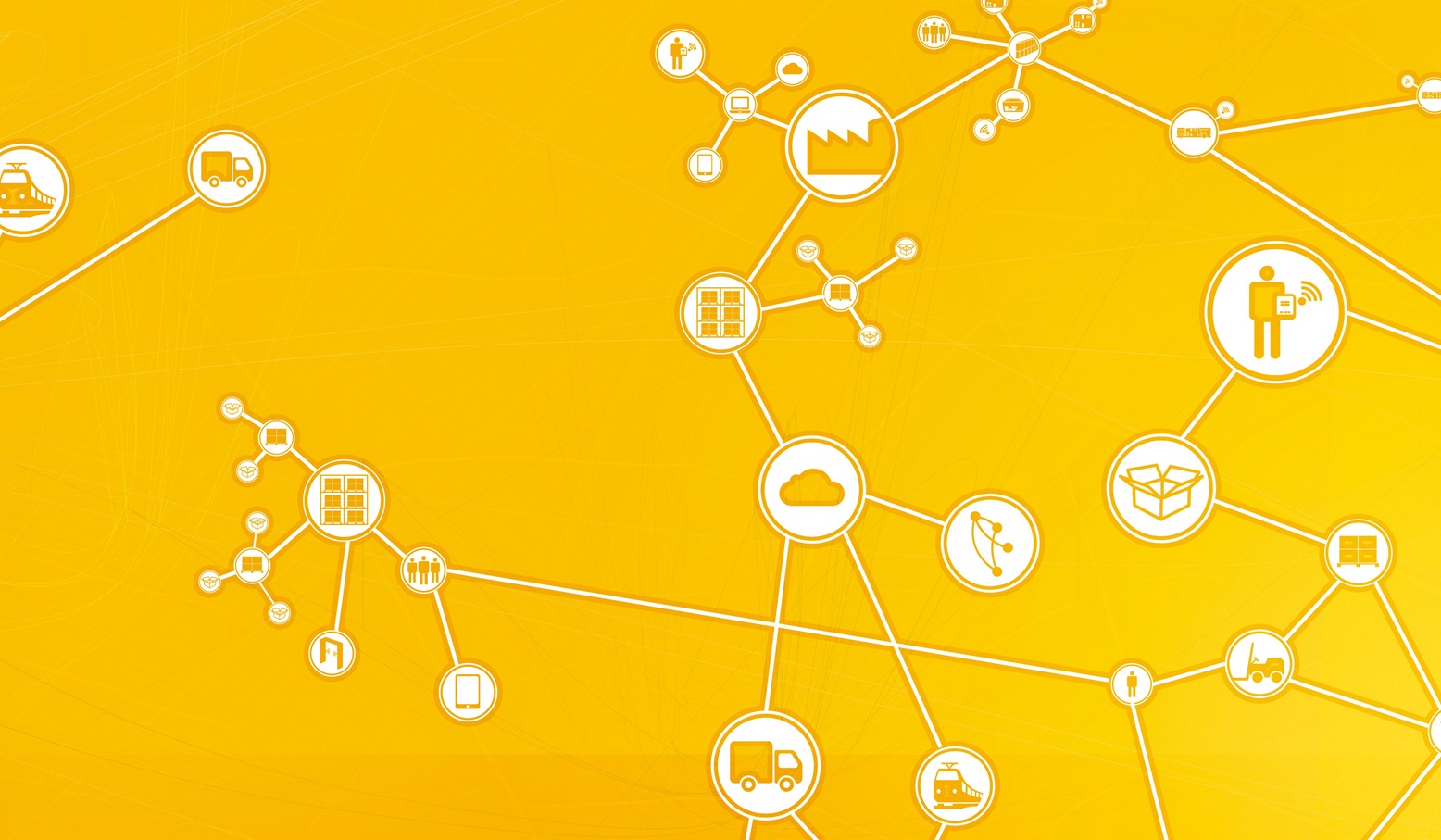The internet is the new benchmark
Back in 2005 the Fraunhofer Society proclaimed the Internet of Things as one of the top priorities for applied research – a lot has happened since then: The Internet of Things now offers logistics companies a whole range of new opportunities for developing customer services.
The Internet of Things is the best possible choice!
The individuality, dynamics and complexity of supply chains and production systems has reached a point that cannot be handled efficiently by conventional methods any more. Automation is not an end in itself, but the best possible choice to meet those challenges.
The Internet of Things enables new business models and markets.
Logistics and mobility are both developing in the direction of hybrid services. Software and information technology have been part of (logistical) services for a long time – in future they will become strategic resources and, consequently, the way to stand out from the competition. Along the lines of »no app – no business«, mobility and logistics will only be able to open up new markets if they can offer hybrid services.
The Internet of Things is technically feasible!
Today, industry has all the technologies it needs to be able to make cyber-physical systems such as intelligent bins, shelves, containers and autonomous vehicles become reality. From sensors and processors, displays and GPS positioning right through to autonomous energy supplies and energy harvesting, all of them can now be controlled in this way and are available at prices allowing them to be applied on a huge scale.
 Fraunhofer Institute for Material Flow and Logistics
Fraunhofer Institute for Material Flow and Logistics